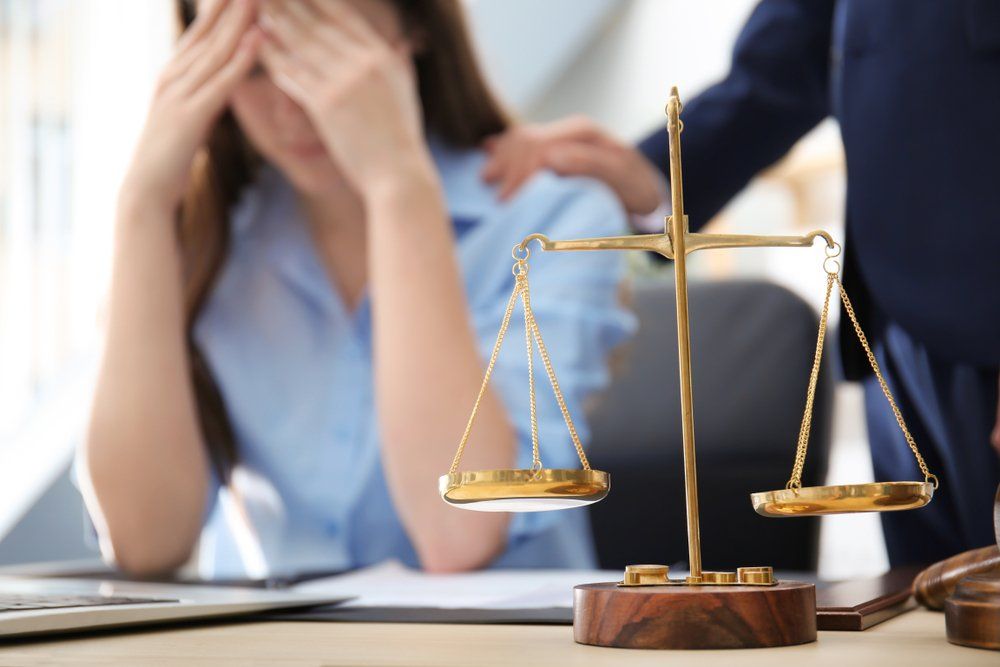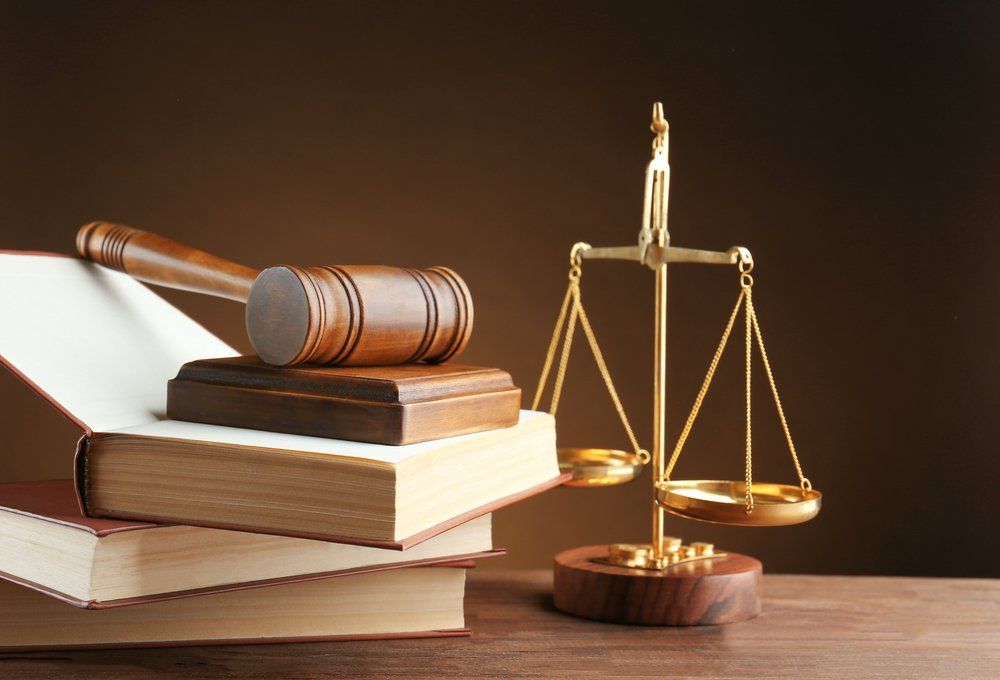What Does a Personal Injury Lawyer Do?

If you are wondering what does a personal injury lawyer do, read on. The attorney will interview you to find out about your injury, including the details of the accident, medical bills, and the treatment you received. He or she will also obtain all of your medical records, including any treatment you've received. This information could be months or even years old, depending on the severity of your injuries. Your lawyer will review your medical records to determine if they contain anything critical to the case.
Continuing legal education courses for personal injury lawyers
Continuing legal education courses for personal injury lawyers to help attorneys keep up to date on personal injury claims and other developments in the field. Courses cover topics ranging from damage caps to ethics rulings and legislation. Some states even require CLE training as part of license renewal requirements. Regardless of whether you're looking to improve your personal injury practice, CLE training is a great way to enhance your knowledge and expertise in this field. Continuing legal education courses for personal injury lawyers are available through many different sources, including live online training, white papers, and other learning solutions.
While many attorneys practice primarily in one area of Personal Injury, it may be beneficial to expand your knowledge of other areas of the field. You can attend seminars on the latest developments in the law, such as new technology and the evolution of the legal profession. You may also want to attend the annual personal injury law conference, which is presented by MCLE. MCLE's Personal Injury Law Conference 2021 features 1.0 hour of ethics credit and offers an overview of life after COVID-19 for attorneys. In addition to hearing from esteemed trial court judges about the present and future of litigation, you can also hear from the Board of Bar Overseers' top attorney about protecting your good name.
CLE programs for attorneys are offered by many sources, including the Touro Law Center. There are many CLE courses available throughout the year, including live lecture/workshops, recorded classes, and video conferences. CLE programs from the Touro Law Center can also be credited by other jurisdictions with mandatory CLE requirements. However, the attorney must obtain accreditation from the jurisdiction before claiming credit. This accreditation may be difficult to acquire, so many attorneys seek out online CLE courses.
Prerequisites for becoming a personal injury lawyer
A Bachelor's degree in law and the LSAT are prerequisites for attending law school. Law schools should be accredited by the American Bar Association. There are also specific requirements for becoming a personal injury lawyer, which vary by state. In general, you will be tested on state and national laws. Applicants should also take the bar exam in the state in which they plan to practice. If you are considering becoming a personal injury attorney, you must complete all of these prerequisites before starting your career.
In most states, lawyers must pass the Multistate Professional Responsibility Examination (MPRE), which measures their knowledge of legal professional contact with clients and the public. Continuing education is also required. Most law schools offer a range of continuing education courses for attorneys. Additionally, the American Bar Association and many state bar associations require attorneys to take continuing education courses, which include seminars on legal ethics. Personal injury attorneys must demonstrate a strong understanding of the law by demonstrating their knowledge of the subject matter and experience.
In order to practice as a personal injury lawyer, you must hold a bachelor's degree in a related field. Most personal injury attorneys hold a bachelor's degree in a relevant field. However, some choose to pursue further education by earning a Juris Doctor (J.D.) or Master of Laws (LL.M.). As with any profession, you must be a native English speaker.
Duties of a personal injury lawyer
A personal injury lawyer is a civil litigator who represents clients who are injured due to another person's negligence or recklessness. Typically, this compensation is in the form of monetary damages, but it can also be in the form of an injunction, preventing the defendant from engaging in certain behaviours. Personal injury cases include car accidents, slip-and-fall incidents, negligence in hiring, and other issues involving personal rights.
Another important duty of a personal injury attorney is to communicate with insurance companies. While an insurance company can reach out to a plaintiff without an attorney's permission, they cannot contact their client before they have retained an attorney. As a result, any communication must go through the personal injury lawyer. This means that it is essential for the attorney to protect the client's best interests. In addition to representing the client, a personal injury lawyer can provide valuable professional insight into medical treatments and options.
A personal injury lawyer also investigates accidents. He or she may hire an expert witness, gather evidence, or conduct an on-site investigation. Some attorneys may even hire independent investigators to do the investigation for them. Another duty of a personal injury attorney is to document the adverse conditions at the premises where the accident occurred. Depending on the type of accident, a personal injury attorney may send someone to the site of the accident to take photographs of the site.
Representing victims in lawsuits
If you are the victim of a crime and have lost income or suffered medical expenses as a result, you may be eligible to file a civil lawsuit against the person or organisation responsible. These lawsuits are often settled for a significant amount of money, and they give victims the financial and emotional closure they need. It is essential to find a skilled attorney who can handle these types of cases. Here are some of the factors you should consider before filing a lawsuit.
Sexual abuse is a common reason for filing a lawsuit, and victims of institutional sex abuse may have a case against a perpetrator or organisation. While a sexual abuse lawsuit against an institution is unlikely to be successful, it is possible to hold the responsible party accountable. The goal is to get compensation for the loss suffered by a victim, as well as to bring awareness to the case. Fortunately, most law firms representing institutional sex abuse victims offer free consultations. These consultations are completely confidential and no-obligation, allowing victims to discuss their experiences with a lawyer, and learn about their legal rights.
Conducting non-destructive testing
As part of their jobs, personal injury attorneys arrange for non-destructive testing of products that are deemed defective by the jury. These tests are vital to proving the cause of an injury and can help plaintiffs secure the product before the defendants destroy it. Non-destructive tests can also help plaintiffs keep the product intact for defendants, while destructive testing can prevent plaintiffs from finding out what caused their injury.
Negotiating with insurance companies
If you are unable to afford a personal injury lawyer, you may be tempted to try to negotiate with the insurance company yourself. Although this is not always a bad idea, attempting to negotiate without a lawyer can present its own pitfalls. Here are tips to help you negotiate with an insurance company. Obtain copies of bills and medical records of the accident. If the settlement offer is low, research similar settlements for a rough estimate of the total settlement. This can also help you avoid receiving a low ball settlement offer.
Do not try to negotiate with the insurance company on your own unless you have experience in this field. Insurance agents spend years learning the tactics necessary to deny claims or reduce their values. In addition to negotiating with insurance companies, injury attorneys can talk with bill collectors and insurance company representatives on your behalf. This is essential as you may still be dealing with injuries that have not fully healed. However, you should always consult with a personal injury attorney before engaging in any negotiations.
When negotiating with an insurance company, it is important to remain calm, polite, and organised. Keep notes of any statements from the insurance adjuster. Also, hold them accountable to what they have said. Avoid showing emotions in the process. Avoid arguing about preexisting conditions and other details, which can prolong the negotiations and result in lower settlement amounts. Instead, use logic and be persistent in obtaining the compensation you deserve.


